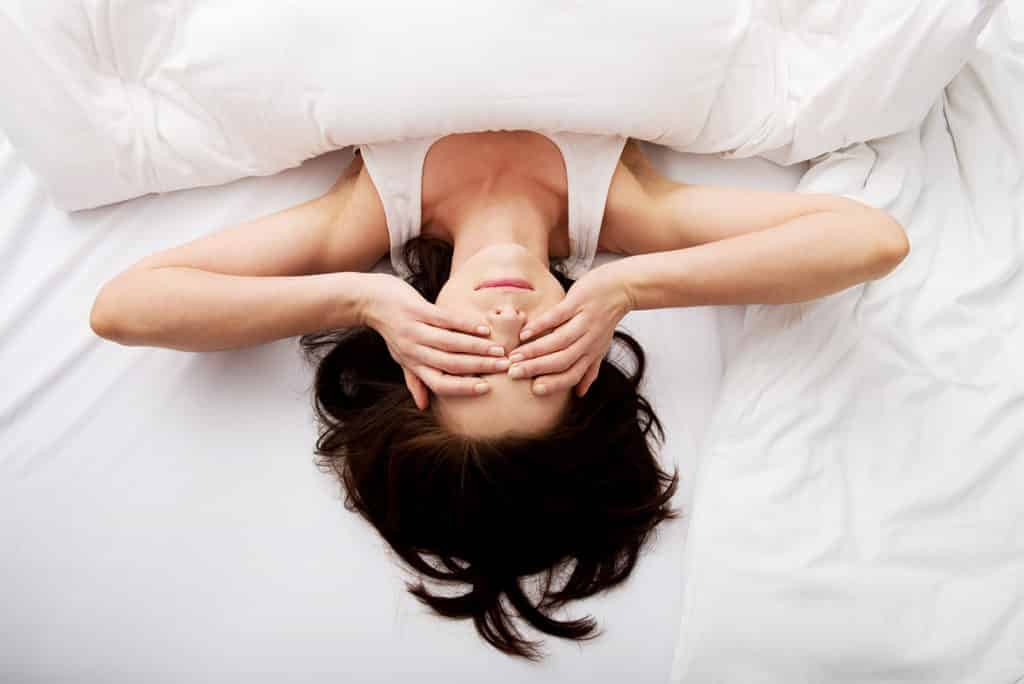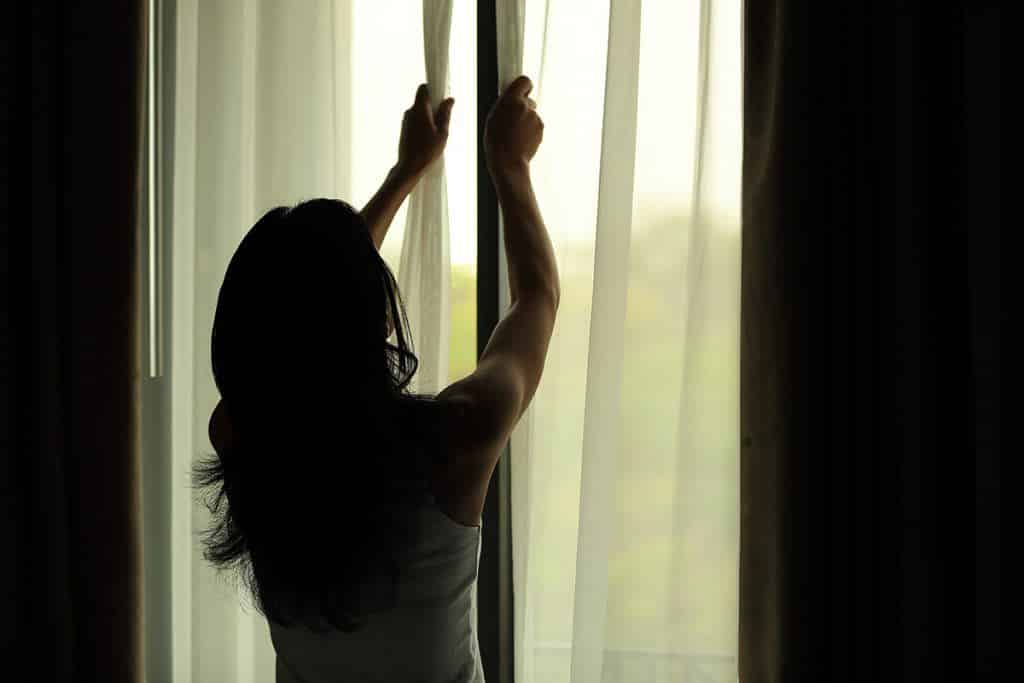Not everyone has the luxury of working regular, traditional hours. An estimated 15 million Americans, from nurses to skilled tradespeople, are required to take unusual shifts; these may include graveyard shifts, early morning shifts, or shifts that rotate throughout the week.
Working such irregular hours can have a significant impact on the body’s ability to find meaningful rest, and as a consequence, many shift workers battle everyday drowsiness, fatigue, and insomnia. Thankfully, there are some solutions that can mediate these problems and lead to restorative sleep.
Consequences of Working the Night Shift
The sleep disruptions that shift workers experience have a name; scientists refer to these disruptions with the term Shift Work Sleep Disorder (SWSD), which is characterized both by chronic sleepiness and by lack of refreshing sleep. This disorder can ultimately impair you in your work, and prevent you from fully enjoying your leisure time.
SWSD can impact both mental health and physical health, and it can also be worse among those with pre-existing issues. For example, those who suffer from anxiety and depression may be more prone to SWSD. At the same time, the inability to get a good night’s sleep can also cause or exacerbate these conditions, and also lead to problems like difficulty gaining focus and clarity.
There are also some physical health effects to be aware of, with fatigue and physical weariness being just the most obvious. Those who suffer from SWSD may also experience weight gain, caused by disruptions to the body’s normal hormonal cycles. In worst-case scenarios, there may even be a heightened risk of diabetes.
How Shift Work Affects the Circadian Rhythms
But why does working irregular or nontraditional shifts affect the body in this way? The answer has everything to do with circadian rhythms.
Your circadian rhythm is a kind of internal body clock, regulating wakefulness and sleepiness at relatively set times throughout the day. Circadian rhythms are impacted by sunlight, and can trigger the production of hormones such as melatonin, which prepare the body for sleep. Thus, when circadian rhythms are thrown off by irregular work hours or inconsistent sleep schedules, it can impact alertness, energy level, mood, and more.
Shift work disrupts circadian rhythms and causes your body to produce melatonin when you may actually need to be awake and alert; and, it may fail to produce melatonin when you really need it to go to sleep.
Shift work can impact different people in different ways. For example, if you tend to be a morning person anyway, then taking an early morning shift may not be as disruptive for you as it might be for others. Still, nontraditional work hours can have a long-term impact on anyone.
What Is Shift Work Sleep Disorder?
SWSD can affect anyone who works non-traditional hours. This can include:
- Those who work at night and try to sleep during the day
- Those who go in for super early morning shifts
- Those who work rotating shifts at inconsistent times throughout the week
Nurses, labor union members, 24-hour retail employees, and emergency service providers can all experience SWSD, though it’s important to note that not all shift workers have SWSD. Again, different people react differently to disruptions in their internal rhythms.
To determine whether you might have this disorder, it may be helpful to consider some of the most common symptoms:
- Sleepiness throughout the day, both on the job and off
- Trouble concentrating on tasks
- Lack of energy
- Insomnia and inability to fall to sleep or to sleep soundly
- Depression and mood swings
Tips for Getting Healthy Sleep as a Shift Worker
Ultimately, SWSD can have a negative impact on your personal and professional life, and it can sap you of both mental and physical energy. With that said, there are some simple steps that can help shift workers to get healthy sleep at night.
Manage Exposure to Light
Again, your internal clock responds to light. It’s the sun that tends to trigger your production of melatonin, the “sleepy” hormone.
To manage light exposure, try using brighter lighting during the early part of your shift; you might even want to invest in a sun lamp. And as you try to get some sleep at home, use blackout curtains to keep the sunlight out.
Keep a Sleep Diary
There is some merit to keeping a log of your sleep patterns. This can help you identify any mitigating factors that improve or diminish your ability to rest. Additionally, if you choose to seek medical treatment, a sleep diary can provide valuable insight to your doctor.
Eat a Nutritious Diet
Good nutrition can go a long way toward improving your ability to sleep soundly. Your eating schedule is critical; make sure you get three regular meals a day, and try to space them out at relatively even intervals.
Eating meals at the same time each day helps, though it’s not always possible for those who work rotating shifts. Aim for a balanced, low-fat diet with fruits, vegetables, and whole grains. Avoid too much snacking between meals, especially close to bedtime.
Use Melatonin and Magnesium
Dietary supplements can help offset your body’s skewed hormone production. Specifically, melatonin and magnesium supplements can both help to prepare your body for sleep.
Nap as Needed
Sometimes, it can be beneficial to recharge your battery with a nap. This is especially true before reporting for a shift; taking a nap can improve alertness and energy level. A 90-minute nap is ideal. However, it’s best to avoid napping too close to bedtime.
Planning the Work Schedule
“Employers can plan rotating shifts in ways that will help their workers,” say experts at the UCLA Sleep Disorders Center. “A schedule that rotates clockwise can be adjusted to more easily. This is a more natural change for your body.”
The center recommends a schedule that keeps the following pattern: Day shift, Evening shift, Night shift, Morning shift, Day shift.
Monitor Caffeine Intake
According to a study in Science Daily, caffeine intake can reduce the number of work errors that occur during night shifts. While caffeine is helpful at the beginning of a shift for maintaining alertness and focus, consuming too much caffeine late into a shift will make it harder to fall asleep when you’re done.
Make Sure Your Bedroom Is Well-Suited for Sleep
Finally, be careful to create a sleep environment that’s conducive to sleep. Again, blackout curtains can be life-savers, try to keep the temperature cool, and invest in a mattress that offers the comfort and support you need. Check out the best cheap mattresses if you want to do so on a budget.
Conclusion
When you can’t sleep at night, that can have a precipitous effect on mental and physical health. Many shift workers know this all too well. Thankfully, there are some solutions you can employ to combat the effects of SWSD.



